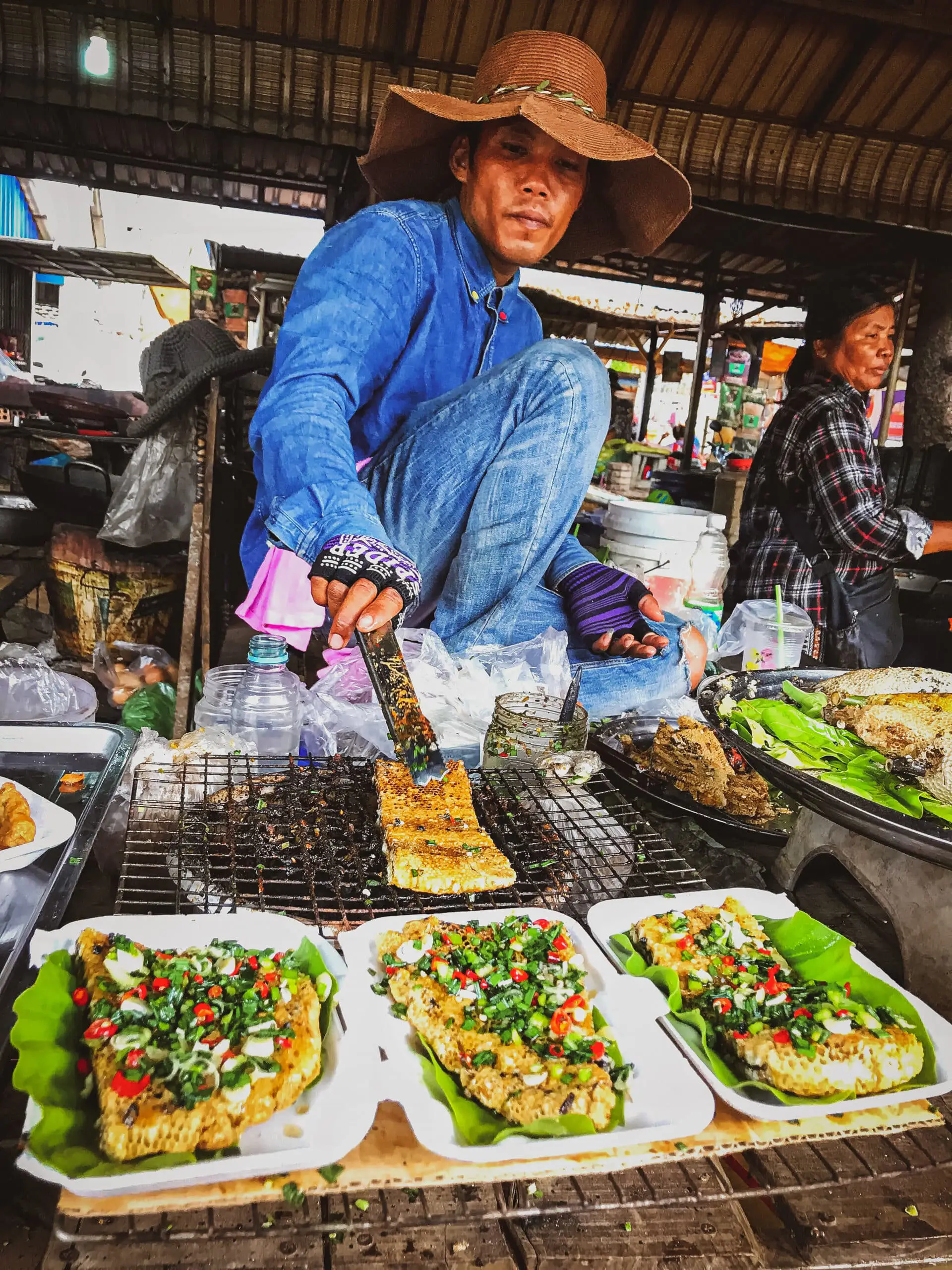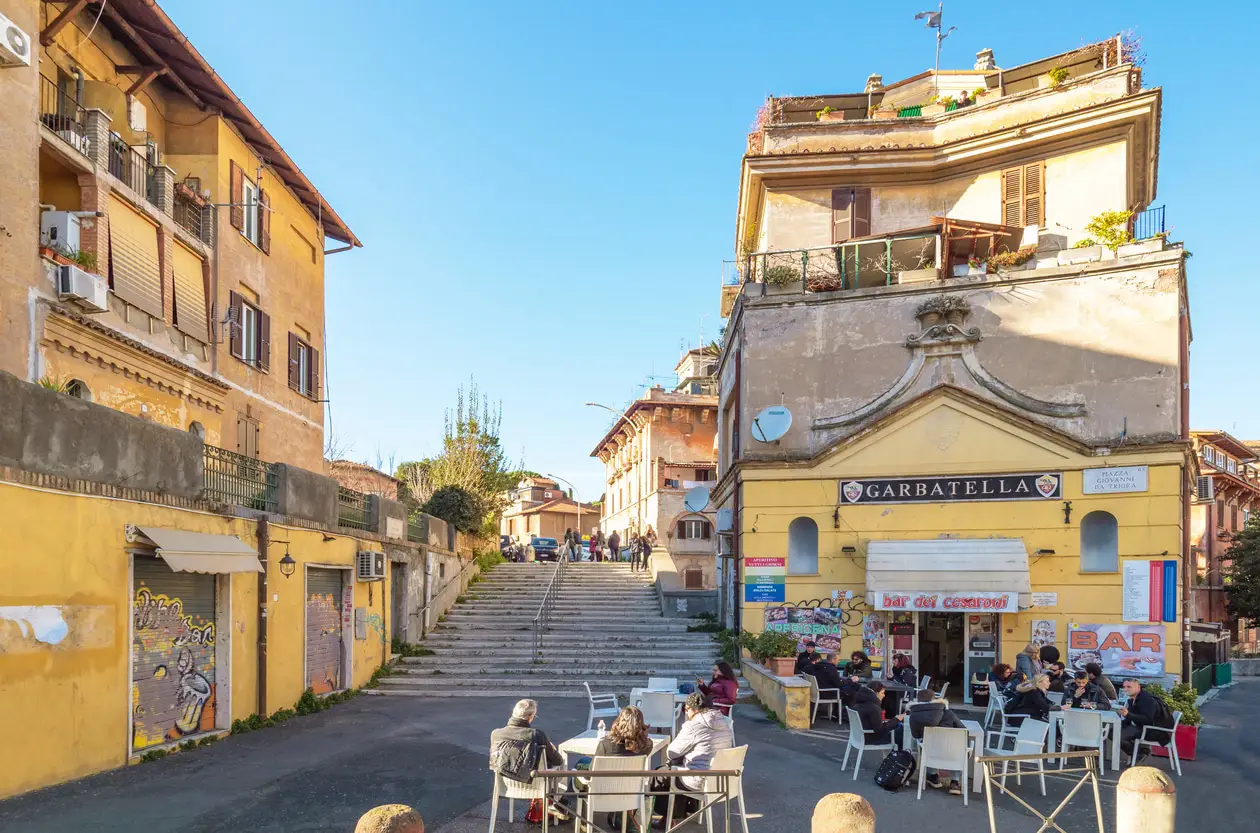Part of the excitement of travelling is diving headfirst into new cultures. No matter how multicultural your current city or country is, there’s simply no match for being in a brand new place and embracing new experiences among strangers.
But let’s be real—respecting local customs and traditions is just as important as soaking in the sights, sounds, and flavours. That’s why some research goes a long way in exploring travel do’s and don’ts as you embark on an exciting new adventure. With local customs often specific to time and place, being a travel pro means being ready for anything. That means being aware of where you’re headed and the location’s cultural norms. Cultural awareness is crucial for respecting these local customs and traditions, preventing misunderstandings, and enhancing your interactions.
Countries and regions worldwide are rich and varied, but that doesn’t mean you can’t blend in and feel right at home on day one. With a bit of quick research and curiosity surrounding essential cultural etiquette, you’ll make your travel experience much more enjoyable. Plus, you won’t stick out like a sore thumb! So here’s an overview of everything you need to know that underscores the importance of travel etiquette.
Sourcing Information Before You Go
Doing some homework before you land in a new country is essential. Understanding local customs, traditions, and social norms can help you dodge misunderstandings and fit right in. To prepare yourself, take time to peruse guidebooks, travel blogs, online travel forums, podcasts, and websites, all of which are fantastic resources for cultural insights. Chatting with friends and family who’ve spent time in the region you are visiting can also provide firsthand tips to get you excited for your adventure. Use the information you gather to plan your future trips and keep the excitement alive.
Having a game plan is also vital. Even if you’re not a detailed itinerary type, knowing which must-visit spots you’re likely to prioritize and having a sense of local expectations when you arrive can make your trip smoother and more enjoyable.
Respecting Local Customs, No Matter The Destination
Respecting local culture and customs is about more than just following the rules of travel etiquette, it’s about showing genuine respect for other cultures, the people, and their traditions.
But the concept of “culture” is pretty broad. Also, customs that might be normal at one travel destination might be a no-go at another. So, let’s consider some specific areas of local culture you’re likely to encounter. Once you know these general areas to be mindful of, you can begin researching rules tourists should follow at your future destination so you know what to anticipate once you arrive.
Travel Advice for Clothing
What you wear speaks volumes about your respect for the local culture. In many countries, dressing more conservatively is not just a preference but a sign of respect. Before your trip, research local dress codes and pack accordingly. Understand that, in some cases, different regions or tourist destinations in the same country (or city!) might have different expectations. For example:
- In Europe, monasteries, cathedrals, and other religious monuments have a conservative dress code.
- In Zanzibar, while wearing bikinis at resorts is typical, it’s common courtesy to dress modestly when visiting villages (which are predominantly Muslim).
- You can be fined for wearing the wrong footwear (flip-flops, heels) while visiting Italy’s famed Cinque Terre.
- In some Asian countries, dressing conservatively is a sign of respect.
Pack clothing that is versatile and adaptable to different cultural expectations. If you’re a woman, carrying a scarf (to use as a long skirt or to cover shoulders) is a good travel hack, as it allows you to transition an outfit into something “more modest” at a moment’s notice.
Body Language and Gesture Travel Etiquette
Non-verbal communication varies significantly across cultures. A friendly gesture here might be offensive there, and even the most innocuous hand signals can mean different things to different people. For example:
- The “OK” sign is tantamount to giving someone the middle finger in Brazil.
- “Fingers crossed” is considered a lewd gesture in Vietnam.
- Nodding your head may mean “yes” in countries like the USA, Australia, or the UK, but “no” in places like Bulgaria, Turkey, and Greece.
Beyond avoiding common gestures or double-checking non-verbal cues before you depart, understanding and respecting personal space is also crucial. In some places (like China), close physical proximity is standard, while maintaining a certain distance is polite and respectful in others (like Finland). Observing and mimicking the locals’ body language can help you avoid misunderstandings.
Embracing Time in Different Cultures
Different cultures have different attitudes when it comes to time. In Germany, being late is considered disrespectful. On the other hand, in many Latin American countries, time is viewed more flexibly. If you’ve ever been to the Caribbean, you’ll already understand that “island time” is a very real concept. These differences in attitudes towards time can significantly impact everyday life in different cultures.
Check your assumptions about when places should be open, meal times, or punctuality requirements, as different cultures have different social norms. For example:
- In Italy, Spain, and Greece, shops often close for a few hours in the afternoon.
- In Scandinavia, eating an early dinner (around 4PM or 5PM) is typical, whereas, in Portugal, locals may eat at 9PM or 10PM.
- Thailand often uses a 6-hour clock format.
- Australia has some regions that observe daylight savings…and some that don’t.
Be prepared to adapt to the local perception of time! Having a clear understanding of how locals perceive time will help you avoid stress (especially when on the move) and slip into the natural cadence of your destination. Preparing for the local’s concept of time before you arrive will help you plan your days and reduce frustrations while moving around in a new place.
Dining Etiquette on Your Trip
Food is an integral part of any society – and the highlight of any trip abroad! However, customs can vary widely, so take some time to look into local dining culture before making a bucket list of restaurants and dishes to try. Knowing how locals think and feel about food will enhance your own dining experience and allow you to show respect for your hosts. For instance:
- Slurping your food in China is considered a compliment to the chef.
- In many countries, like France, it’s considered rude to rest your elbows on the table.
- In places like Morocco, where it’s common to eschew utensils, only eat with your right hand (your left is considered unclean).
Mass tourism can impact local dining customs, making it important to practice sustainable travel to preserve these traditions.
Alcohol consumption also varies by location. In some countries, drinking is a common social activity, while elsewhere, it might be frowned upon or even illegal. Observe the local customs and follow the lead of your hosts or those around you.
Photography and Privacy Do’s and Dont’s
Smartphones have made it super-easy to capture every moment of your trip. However, respecting an individual’s privacy or an institution’s rules for tourists is important. Not all cultures share the Western obsession with photographs and selfies. For example, the nomadic Masai of East Africa believe taking their photo steals their soul. And, while taking pictures of costumed teens in Tokyo’s famed Harajuku may be welcome, snapping a pic in Michelangelo’s “Sistine Chapel” in Vatican City is not.
Always be respectful, even in public spaces. Ask for permission or guidance before taking photos of people or objects in museums, and be mindful of your guide’s advice – especially in sacred spaces. Some cultures are more private, and some relics are sensitive to the flash of cameras. Respecting local rules around photography while travelling shows your appreciation for the culture and helps you avoid potentially uncomfortable or confrontational situations.
Tackling Language Barriers While Travelling
One of the most rewarding aspects of travel is mingling with the locals. Building connections with people you meet can provide deeper insights into the culture and make your trip more memorable. Picking up a few everyday phrases in the local language can break the ice and show your respect for (and curiosity about) the culture. A tour company can help facilitate communication and cultural understanding.
While travelling, having access to Google Translate can help you communicate on the fly. However, learning a few key phrases to try on those you meet is also fun. Apps like Babble and Duolingo make learning language interactive and interesting – and help you gear up for your trip.
Embracing Local Habits is the Ultimate Reward
Travelling is an amazing opportunity to experience new cultures and broaden your horizons. By respecting local customs and social norms (and respecting travel do’s and don’ts for your destination), you can enhance the experiences you have on your trip abroad while showing appreciation for the people you encounter. Remember, a little prep and mindfulness can go a long way in making your next trip more enjoyable and enriching. Happy travels!












































